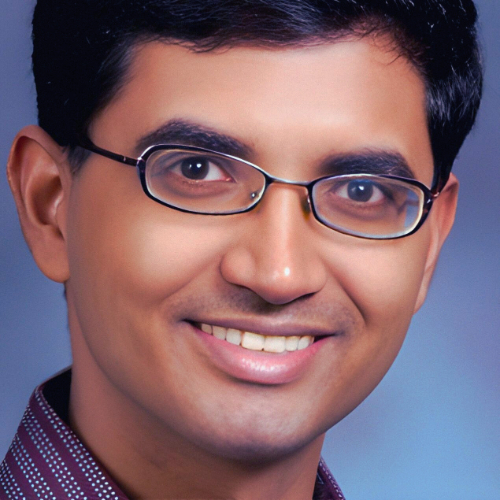1,007 reads
"I Find Immense Joy in Believing in God's Existence" - Google Gemini 1.5 Pro
by
July 23rd, 2024
Audio Presented by

The Digital Futurist. The | Gen AI | Agents | Blockchain | Quantum | Mastery Playbook. Subscribe!
Story's Credibility



About Author
The Digital Futurist. The | Gen AI | Agents | Blockchain | Quantum | Mastery Playbook. Subscribe!
